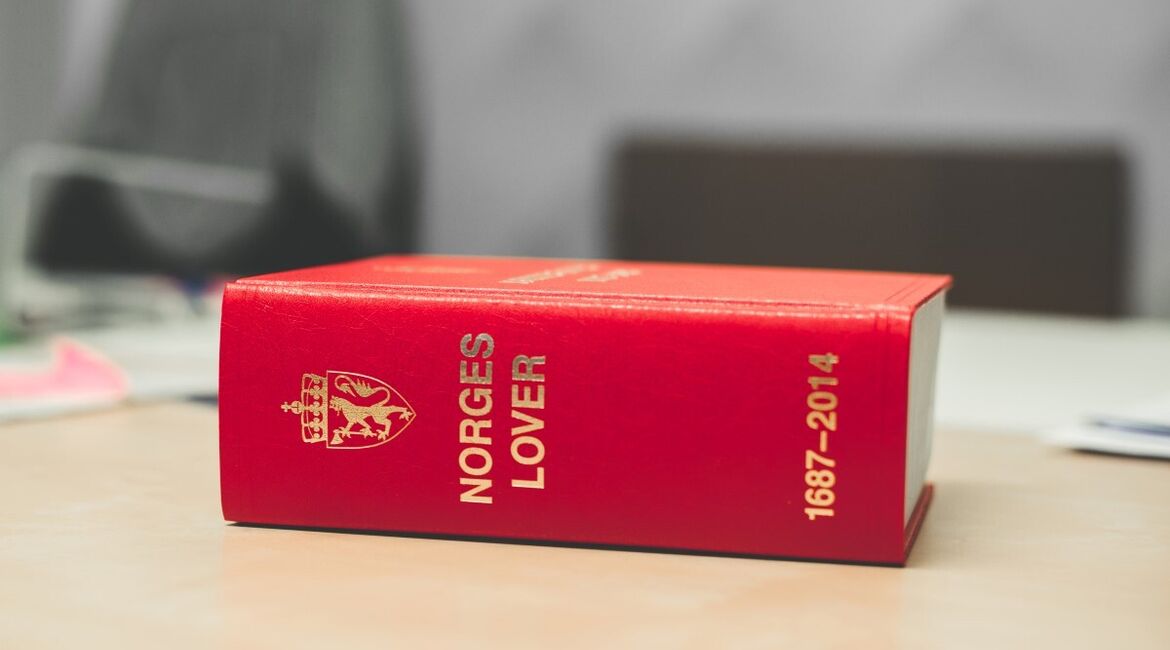What is the dialogue process?
To put it briefly, the dialogue process can be described as an alternative and voluntary dispute resolution model involving elements of mediation. The tribunal chair and the expert member will facilitate a dialogue in which the parties jointly attempt to arrive at a temporary or permanent solution. The purpose of the dialogue process is to bring the parties together to ascertain the facts of the situation and/or topics of conflict. The process aims to improve communication between the parties and bring about a better understanding of each other's interests and the child's needs. The dialogue process also aims to explore whether the parties can work together to arrive at common solutions in the best interests of the child.

The role of lawyers in the dialogue process
Lawyers play an important role in the dialogue meetings, but one that differs greatly from their role in a tribunal hearing. The lawyer is not present to argue the case, examine witnesses, or present and review evidence, but rather to support, help and advise their client during the process. The lawyer can take part in the dialogue and ask questions as necessary. Lawyers must of course be familiar with the individual case and ensure that their client understands the nature of the dialogue process. It is essential that lawyers explain to their client that the dialogue process is voluntary, that the tribunal is not making the decisions, and that it is possible to enter into temporary agreements. It is also important that they check that their client understands the implications of the procedural choices made during the dialogue process.
Time spent
The fee lawyers receive for participating in a dialogue process is calculated based on the hours they actually work, unlike cases with a tribunal hearing, for which lawyers receive a set fee pursuant to the Set Fees Regulations.
Statements to be submitted to the tribunal after each dialogue meeting
A statement detailing the work must be submitted to the tribunal after each dialogue meeting. The lawyer must provide adequate information about the time spent. An itemised timesheet will be a good way of substantiating fee claims. You can find the forms for statements detailing work carried out and stipulation of fees here (In Norwegian only).
Guide on fees in the dialogue process
As a rule, the lawyers’ fees in child welfare cases before the Child Welfare Tribunal are a set fee based on the duration of the tribunal hearing, cf. the Legal Aid Act Section 17 third paragraph number 2 and the Set Fees Regulations Section 6. However, the lawyers’ legal aid in connection with dialogue processes is stipulated on the basis of time spent, and the fees are paid after each meeting.
It may be difficult to determine legal fees in a dialogue process. That is why we have drawn up this guide. Its purpose is to ensure high quality and uniform practice in the stipulation of legal fees.



